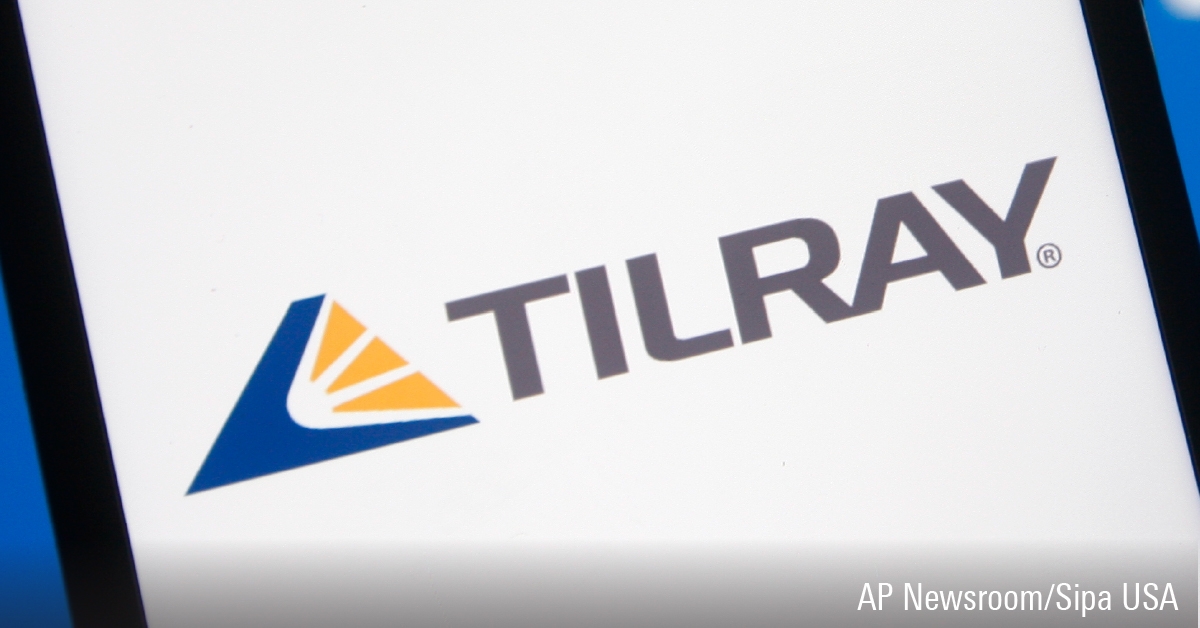
Even with Democratic presidential candidate Joe Biden winning the 2020 election, in a hard-fought campaign, there is still considerable uncertainty for U.S. economic prospects, especially as it struggles with the impact of the COVID-19 pandemic. At the same time, stock picker Julie Kutasov is cautiously upbeat about finding attractive names in the small- and mid-cap space that can prosper in challenging times.
“If we talk about fiscal stimulus it will come in some form. The size and timing is a question, and with a divided government it is likely to be more reactive - which will put a greater burden on the Federal Reserve,” says Kutasov, a portfolio manager with Los Angeles-based Kayne Anderson Rudnick Investment Management (KAR). Kutasov is one of three co-lead managers who oversee the $39.8 million 4-star rated CIBC US Small Companies, which in turn is modelled after KAR’s US$7.49 billion Small-Mid Cap Core Portfolio. In December 2019, KAR assumed the CIBC fund and replaced sub-advisor Mellon Investments Corp. “The Fed can still use the pace and size of bond purchases as a tool. Interest rates are likely to stay low for an extended period.”
Taxes will also rise, no matter the electoral outcome, says Kutasov, a native of Moscow who joined KAR in 2001 after earning an MBA at Harvard University and in 2009 was appointed to the small-mid cap equity team. “If there was an increase in capital gains taxes that could put a strain on M&A [merger and acquisition] activities.”
Selective Optimism
Still, Kutasov is generally optimistic about the U.S. because of the technological innovations that it is constantly bringing to the fore. “We expect trends such as digital transformation to continue, at a pretty significant pace. That makes active stock selection pretty important,” says Kutasov, who believes that many smaller businesses will be hurt by a protracted recovery as high unemployment and weak consumer spending weigh on the economy.
Yet Kutasov argues that KAR, which was launched in 1984, has tended to perform well in difficult times. “The reason for that is that we focus on the highest quality companies. Those tend to be more resilient in challenging periods. As a result, this is a more favourable environment for us when we are thinking of a lengthy, shallower recovery,” says Kutasov, who works alongside Jon Christensen and Craig Stone and five analysts.
High quality means several attributes. These include a resilient business model, lower capital intensity and solid free cash flow generation, and superior returns on equity from under-leveraged balance sheets. “This resilience both in terms of earnings and balance sheet strength is particularly relevant in an environment such as this,” says Kutasov.
New Supply Chains to Navigate
“One of the outcomes of the pandemic has been ‘deglobalization,’ or the uncoupling of the U.S. economy from China’s,” adds Kutasov. “That entails the restructuring of the supply chains that will very likely lead to some form of input cost inflation. That will create a real test of pricing power in terms of the companies’ ability to pass through those price increases to their end customers. This ability is a reflection of the companies’ market positioning. We believe that our companies certainly possess that.”
From a sector viewpoint, as of the end of the third quarter, the fund is tilted to technology, as it is the largest sector and accounts for 30.4% of the portfolio, followed by 21.6% industrials, 18.2% consumer discretionary and 13.8% healthcare. But Kutasov notes that the weightings are a by-product of the stock selection process. “As bottom-up investors, we manage risk at the company level first and foremost. We also like to look for companies in segments under pressure, that are pockets of opportunity. But at the end of the day, we are sector agnostic. Of course, we do monitor our end-markets exposure and industry exposure. We don’t want to make any sector bets.”
Year-to-date (Nov. 5), the fund has returned 27.74%, versus -2.85% for the US Small/Mid Cap Equity category.
Brand and Pricing Power in Focus
Running a portfolio of 29 stocks, Kutasov highlights names such as Scotts Miracle-Gro Co. (SMG) a leading producer of lawn and garden products. “Their brands are important because most of us make one soil or weed-killer purchase a year. When we shop for these types of products we are willing to pay a little more for a trusted brand. The real test for a brand comes in its pricing power. Scotts has that,” says Kutasov, adding that the firm benefits from strong relationships with retailers such as Home Depot Inc. (HD) and Walmart Inc. (WMT). “It has been able to exercise its pricing power despite a concentrated customer base. Not only are their brands very strong but it provides an attractive value proposition to retailers by bringing consumers to the stores when the season comes for planting.”
Year-to-date the stock is up about 60% and the company reported strong results for fiscal 2020. “Sales were up 31% and it provided solid guidance of 10%-16% earnings growth for 2021,” says Kutasov. “Few companies can provide longer-term guidance in this uncertain environment. The reason for this is the resilience of the business and it is benefitting quite nicely from many of us being at home during the pandemic.” Shares are trading at 20 times estimated 2021 earnings.
Good Employers, Great Investments
Another favourite name is a recent acquisition, Bright Horizons Family Solutions Inc. (BFAM), the largest provider of employer-sponsored child care in the U.S. “Child care remains a highly fragmented market. It is dominated by small, Mom and Pop players and many of them have suffered tremendously in the downturn when people were staying home and children did not attend these facilities,” says Kutasov. “Nearly half of working families in the U.S. reported losing their child care during the pandemic and of those families who used child care centres, more than half reported losing their provider. There was huge disruption in the industry. But players that have the scale have benefitted.”
Bright Horizons is regarded as a premium brand. It has relationships with over 1,000 employers who provide child care as a benefit to their employees. “Its brand provides the company with solid pricing power,” says Kutasov. “It also benefits from a large scale as a national player. And think about switching from one child care provider to another. It’s pretty disruptive for both the family and the employer. As a result, Bright Horizons enjoys solid customer retention. The company is well-positioned to take share in its fragmented market.” The stock is up about 30% since it was acquired in the second quarter. It is trading at about five times sales. “That’s a fair valuation for a solid, high quality company.”








.jpg)














